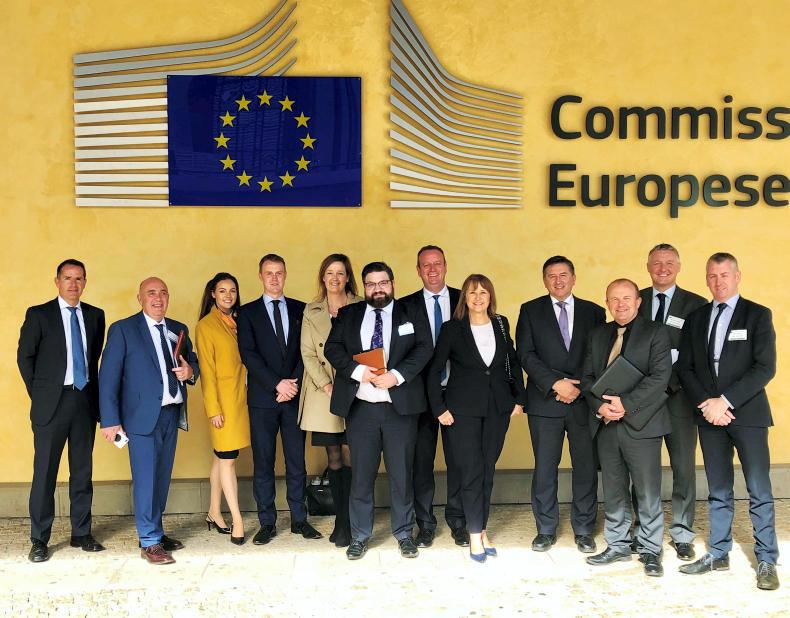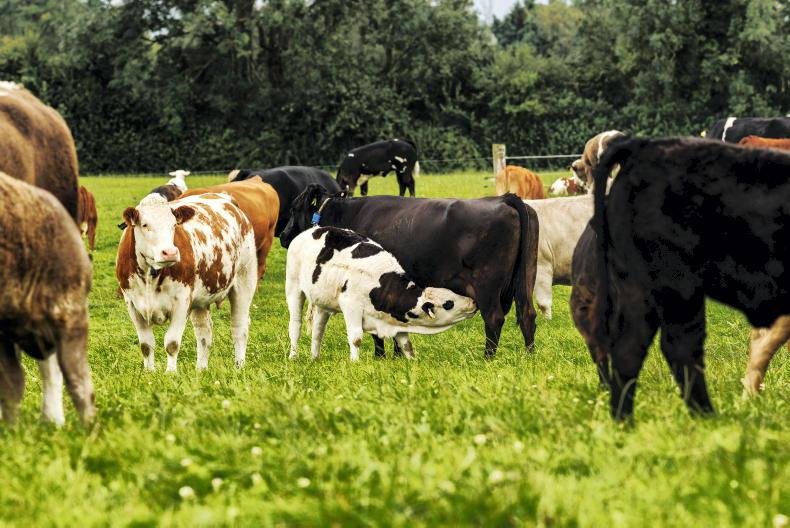Leaders of Northern Ireland business have followed up their visit to Brussels this week with a letter to the Prime Minister, signed by 21 business leaders and trade associations, making a case for Northern Ireland’s unique position being recognised in relation to accessing labour from the European Economic Area (EEA).
This is what is currently available under EU membership and as well as EU member states, the EEA also includes Norway, Iceland and Liechtenstein, with Swiss nationals also having access by virtue of Switzerland being part of the single market.
Eastern Europe
In practice, most people who travelled to Northern Ireland were from eastern EU countries. With the value of sterling weakening after the referendum, payment in sterling was of less value to people from countries that had adopted the euro.
In addition, the economies of eastern EU countries have been developing rapidly since their joining in 2004 and as a result many people that travelled to Northern Ireland for work are returning home to employment opportunities that hadn’t existed previously.
Regardless of these developments, there is no doubt that the imminence of Brexit has hastened the return of migrant labour and at the same time made NI a less attractive proposition for EEA migrants to travel to for work.
According to Confederation of British Industry (CBI) in Northern Ireland chair Trevor Lockhart: “Since the Brexit referendum, the number of European Economic Area (EEA) workers in Northern Ireland has fallen by 26%, adding further pressure to an already tight labour market.”
Unique situation
The letter from business leaders is calling for the unique position of Northern Ireland with its land border with the Republic of Ireland who will continue to be an EU member, to be recognised with a local bespoke Northern Ireland policy on migrant labour.
The London-based Migration Advisory Committee (MAC) has already said that the UK will not accept low-skilled migrants after Brexit. Most of the migrant labour in the Northern Ireland food industry in particular falls into this category.
The letter suggests the upcoming Government white paper on immigration should establish a dedicated shortage occupations list or salary threshold variations to address the NI circumstances.
Level playing field
The letter contrasts the future UK and NI position with the Republic of Ireland where the Government has already introduces a sector based scheme which granted visas to non-EU workers who will be employed in the food industry.
With this flexibility south of the border, Northern Ireland industry is warning of the risk that industrial manufacturing and food processing migrating south, especially as there is a strong cross-border dimension to many businesses.









SHARING OPTIONS